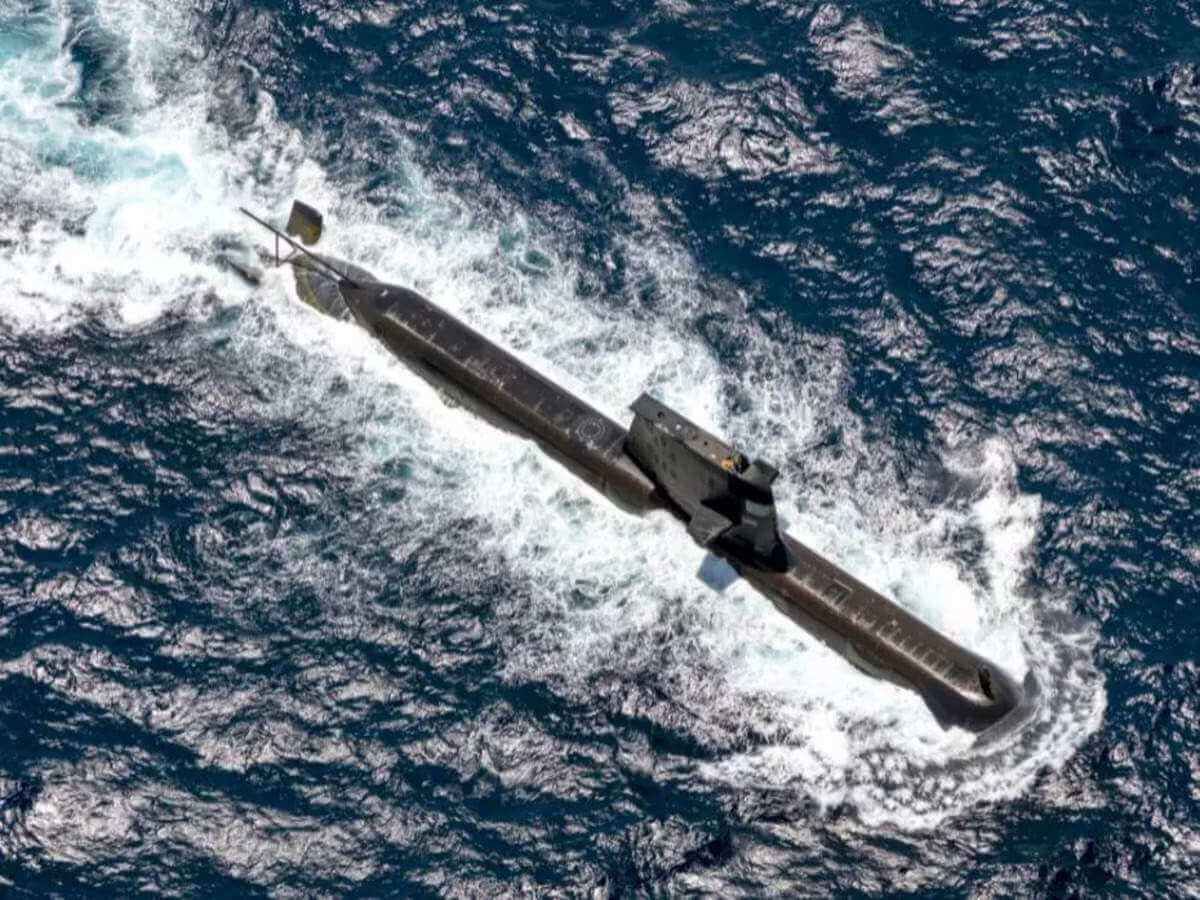The United States (US) announced the AUKUS defence deal with the United Kingdom (UK), and Australia on September 16. Under the new security cooperation, the US and the UK will provide Australia with the technology and capability to build eight nuclear-propelled submarines. While the leaders of these three countries have not explicitly said so, the deal is largely viewed as a trilateral effort to balance China, which has made significant and aggressive manoeuvres in the Indo-Pacific.
At the same time, however, the US has also made it clear that it will not be extending the same deal to other regional powers such as India and Japan, both of which are also members of the Quadrilateral Security Dialogue (Quad) with the US and Australia and which also aspire to counter China’s regional aggressiveness.
Admittedly, such agreements and groupings often don’t perfectly overlap with one another in terms of their aims, objectives, and members, but India’s exclusion from AUKUS or another similar deal has drawn questions about how the deal has undermined its seemingly expanding regional—and indeed its global—influence.
India, though, appears to be unfussed. Foreign Secretary Harsh Shringla said ahead of the in-person Quad summit last month: “Let me make it clear that the Quad and the AUKUS are not groupings of a similar nature.” Shringla posited that the Quad is a “plurilateral grouping of countries with a shared vision of their attributes and values” and the four members have a shared vision of the Indo-Pacific as a free, open, transparent and inclusive region. “On the other hand, AUKUS is a security alliance between three countries. We are not party to this alliance. From our perspective, this is neither relevant to the Quad nor will it have any impact on its functioning,” he posited.
On one hand, AUKUS represents yet another welcome signal that the US is returning to a multilateral foreign policy approach under President Joe Biden. Moreover, even though India has been excluded from the deal, it nonetheless increases burden-sharing in the region at large.
Furthermore, tensions between AUKUS members and France have pushed Paris to pursue alternative alliances. The AUKUS announcement was closely followed by an announcement of a French defence deal with Greece. Earlier this year, France offered to shift 100% of the assembly line for Panther medium utility helicopters along with 70% of the assembly line for Rafale fighter jets, to India under the “Make in India” initiative. Therefore, it is expected that AUKUS, too, will open new doors for India, wherein it can now more effectively approach France to transfer its nuclear propulsion technology and accept French assistance with building an SSN reactor.
Yet, while Shringla may have downplayed the importance of AUKUS, there are suggestions that it may harbour mixed feelings on the deal behind closed doors in New Delhi. Some believe that the AUKUS could be utilised as a mechanism to forward the common agenda of Indo-Pacific countries, including India, of securing a free and open Indo-Pacific. Aside from paving the way for Australia to deploy nuclear-propelled submarines, the agreement also covers wide-ranging key areas of security such as artificial intelligence, cyber warfare, underwater capabilities, and long-range strike capabilities.
In this light, the fact that AUKUS was announced right before the Quad summit has led some to assert that the deal not only restricts India’s access to critical technologies and network-sharing capabilities, but also indicates how the US is relegating its Indo-Pacific engagements with India to less substantive issues. The deal’s sudden announcement has raised concern that the US is now training its efforts on forming a security paradigm with its “Anglo-Saxon” partners.
Another concern is that such agreements have done little to deter China, which is constantly improving its military infrastructure and capabilities. Therefore, AUKUS will only lead to the further militarisation of India’s neighbourhood, which could now become even more unstable and volatile. In fact, during his address at the centenary of the Communist Party in July, President Xi Jinping warned Western powers that China will not allow itself to be bullied. To this end, following the announcement of AUKUS, Beijing warned that the slightest provocation will be “punished [...] with no mercy.” The foreign ministry said that the deal “severely undermines regional peace & stability, intensifies arms race and undercuts intl non-proliferation efforts.”
Against this backdrop, India has approached ever-rising tensions with caution. External Affairs Minister S Jaishankar, for example, has insisted that the Quad is not indicative of members “ganging up” on China, stressing that the grouping is “for things [and] not against somebody,” referring to China as a “big player.” This would explain India’s seemingly fairly sedate response to AUKUS, as it seeks to avoid framing the deal as another anti-China measure that could further antagonise the Asian giant.
However, rising Chinese aggression shows no sign of slowing down in spite of such muted responses. In this light, while AUKUS may be viewed as undermining and perhaps even eroding India’s regional influence, the deal does offer New Delhi the promise of strengthened regional security without the expenditure of diplomatic, strategic, or financial resources. As things appear, India is carefully watching the agreement’s execution from the sidelines, having its cake and eating it too.
What Does India’s Exclusion From AUKUS Mean?
Although India has been excluded from the AUKUS, the deal is still good news for the country as it secures and furthers New Delhi’s security interests. Read more:
October 4, 2021

SOURCE: GETTY
